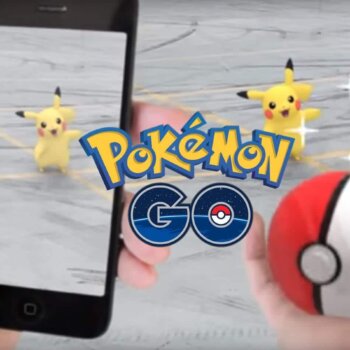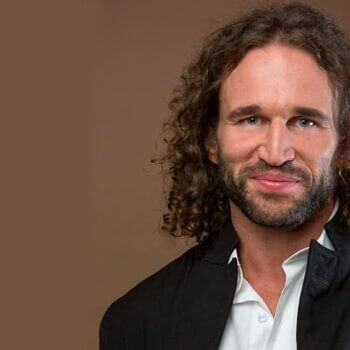As product managers, we are often asked a single question when we propose a new product: What’s the Return on Investment (ROI)? What’s the ROI of innovation?

- Finance requires a 4 year projection of revenue showing an ROI
- The visionary grudgingly creates a realistic spreadsheet projection of the next 4 years revenues that shows a 100 million dollar market.
- Finance denies funding because the returns are too small. Finance declares, “If it’s not a billion dollar market, we don’t invest.”
- The visionary, adjusts the market size and margins until the spreadsheet shows 1 billion dollars.
- Finance divides the projected revenues by 10 to account for “visionary enthusiasm” and then approves it because 100 million is pretty decent.
WTF just happened?
There must be a better way to decide on innovation investments than this.
Shared Fiction
It reminds me of when I see someone waving at me at a party, so I wave back to be polite, not knowing who the hell this person is.
Of course, they were waving at someone else behind me, but assume, since I was waving at them, they must know me and walk over to have a chat. Even after 10 minutes of conversations where we’re both fairly certain the other person has no idea who we are, we continue the charade out of courtesy.
Everyone in this scenario knows it’s a complete charade and suspects that everyone else also knows it’s a charade, but everyone plays along because it would be impolite not to.
Until someone dares to question the shared fiction out loud, it will continue.
Harmless Fiction
Cocktail party civility is a harmless fiction. The fiction around pitching new innovation projects can be deadly.
It’s deadly because if we know one thing for certain, companies are dying faster than ever.
The average lifespan of an S&P 500 company has declined from 80 years to 15. If you work at a large company, that fact should terrify you.
The Absurdity: The ROI of Innovation
What’s the ROI of innovation? What about a potentially disruptive innovation?
Let’s start with something easier. What’s the ROI of buying health insurance?
(Let’s assume we’re in the US where there isn’t state sponsored health care.)
Hint: It’s negative.

On average, we’re bound to lose.
Does that mean we should never buy health insurance?
No. We want to buy health insurance because the downside of a health problem is potentially catastrophic.

Spoiler alert: Walter White died anyway.
The Joy of an Unused Option
Health insurance doesn’t make any sense in terms of ROI (or Net Present Value if you’re into that sort of thing.) The only time it makes sense is when we know we’re about to get sick.
Does that mean we should be unhappy unless we’re able to cash in on our health insurance by having a triple valve bypass?
If we don’t have to use our health insurance, we ought to be absolutely thrilled! It’s not a waste of money just because we didn’t get sick.
Buying health insurance is like buying the option of going to the doctor. We don’t have to go. But we can if we need to.
The option has value, even if we don’t use it.
Happiness in Disruption

If they fail, it means that the potential disruption is probably not as much of a threat as we thought.1
If they succeed, sure…we’re disrupted. But at least we disrupted ourselves! We have a chance to profit and sustain ourselves through that disruption.
The alternative is to let others disrupts us.
Which would you rather do?
Investing in innovation is investing in the option to launch a new business. Even if it might fail or we decide against it in the long run, the option still has value!
Innovation Options
This is a deep topic (as is all innovation accounting) where I have been heavily influenced by my conversations with David Binetti. For those that are interested in calculating the value of innovation options, I’d recommend a conversation with him and to check out his new project called Innovation Options.
________________________________________
About the Author
This article was produced by grasshopperherder.com, a website that is dedicated to insights in entrepreneurship. see more.































